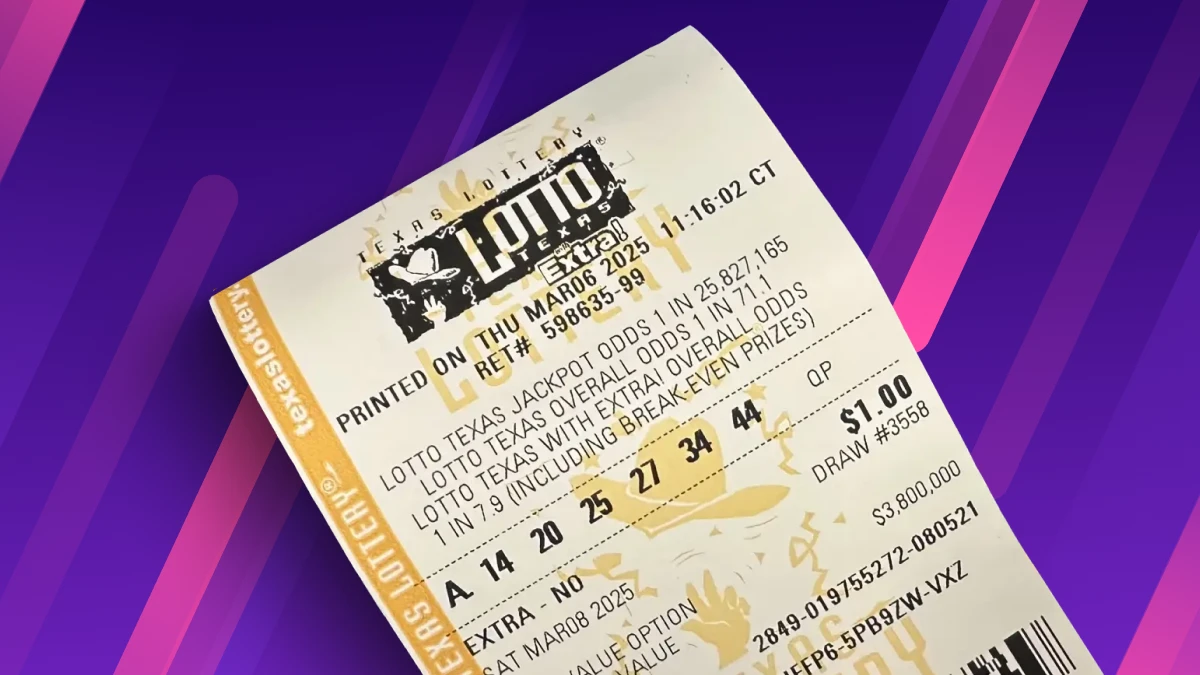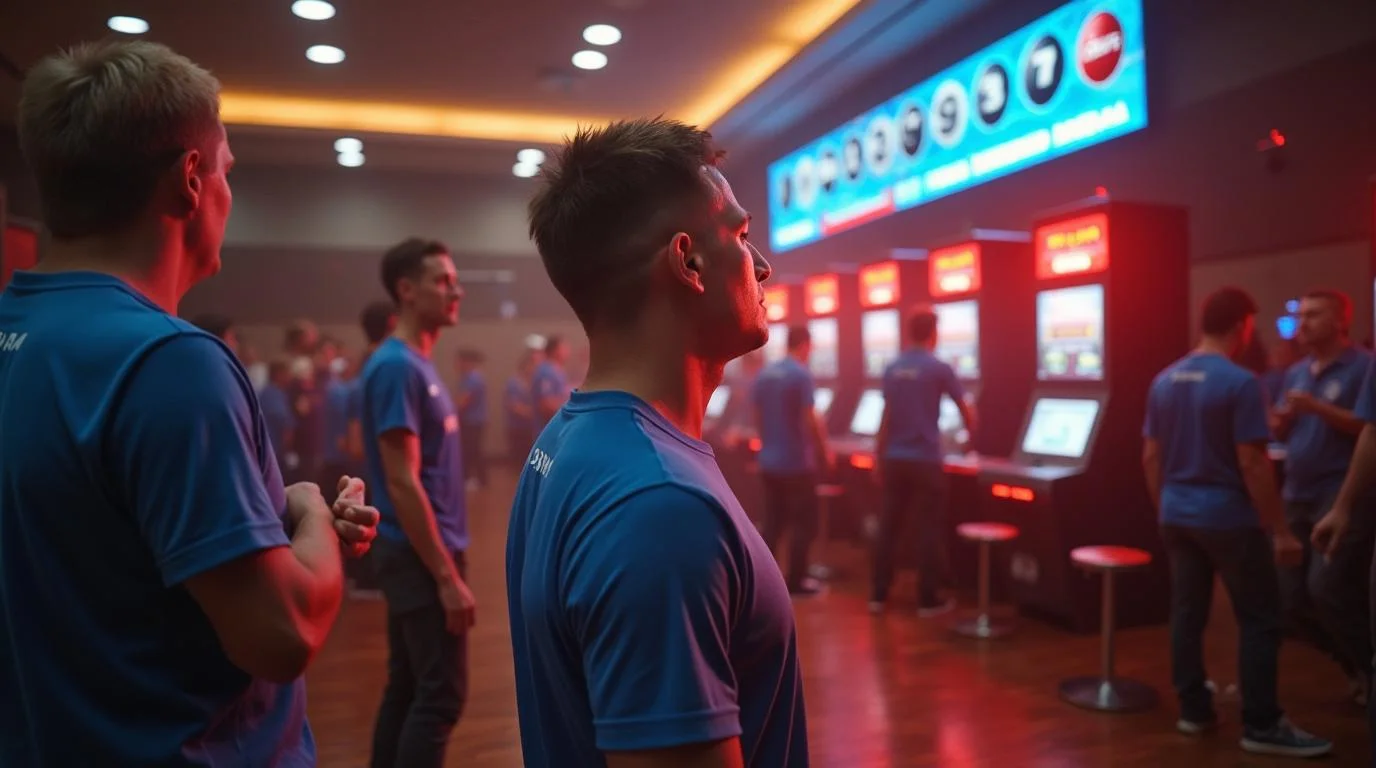Texas Lottery Settles $83.5M Jackpot Dispute

1.0
Default
Good news for the lottery winner of $83.5 million: The Texas Lottery has agreed to finally pay out the jackpot win after it withheld the prize for months following state investigations into lottery courier services. Jackpocket, one of the lottery courier services, sold the winning ticket to Kristen Moriarty, who will receive her winnings after over five months. The resident from Houston has agreed to receive $46 million in a lump sum.
Over five months after winning a life-changing $83.5 million Lotto Texas jackpot, Kristen Moriarty will finally receive her prize. The Texas Lottery Commission has reached a settlement with the Houston resident after initially withholding her winnings due to ongoing state investigations into controversial lottery courier services.
Winner to receive $45.8 million lump sum
According to court filings made Thursday, the Texas Lottery Commission has agreed to release a lump sum of $45.8 million to Moriarty before taxes. The payout ends months of legal uncertainty for the winner, who purchased her ticket through Jackpocket, a now-banned online courier service that sells lottery tickets to users digitally.
The settlement was finalized with input from the office of Attorney General Ken Paxton. In a public statement, the commission confirmed that the prize money is being processed for immediate disbursement.
Ticket purchase caught in legal crossfire
Moriarty's ticket matched the winning numbers for the February 17 Lotto Texas draw. But rather than receiving her prize quickly, her windfall became entangled in political and legal scrutiny after it emerged the ticket had been bought via a digital courier.
Jackpocket and other similar services came under state investigation by both the Texas Department of Public Safety and the Attorney General's office. Authorities questioned whether these companies' business models - buying tickets on behalf of customers and sending scanned images - were legal under Texas law.
Speaking in June, Moriarty expressed her frustration: "I'm sad, stressed, angry that this has become a political thing. I've lost faith in our elected officials."
Courier services under fire
While digital couriers have gained popularity in recent years for offering convenience and accessibility, they have also sparked major legal concerns. Lawmakers began scrutinizing the services closely after a 2023 jackpot incident, where a single group - assisted by a courier company - purchased 99% of all 26 million ticket combinations and claimed a $95 million prize.
This prompted the Texas Legislature to pass new laws that both criminalized the operation of such courier services and limited the number of tickets one can buy in a single transaction to 100. Jackpocket and similar platforms have since been effectively banned.
Moriarty's use of a courier to win the February jackpot intensified concerns among lawmakers, including Lt. Gov. Dan Patrick, leading to further investigative action. Although no wrongdoing was attributed to Moriarty herself, her payout remained frozen as the legal status of the courier system unraveled.
In May, Moriarty filed a lawsuit against the Texas Lottery Commission, arguing that she was an innocent party caught in a broader battle over the legality of courier services. She demanded the commission honor her legitimate win, despite the political controversy surrounding how the ticket was purchased.
The commission, under increasing public and legal pressure, opted to settle rather than prolong the case. The Attorney General's office declined to comment on the resolution or the status of their investigation.
End of the line for the Texas Lottery Commission
Moriarty's case may be one of the last major controversies overseen by the Texas Lottery Commission. The agency is slated to be dissolved on September 1, following a decision by the Legislature earlier this year. Oversight of state lottery and charitable bingo operations will be transferred to the Texas Department of Licensing and Regulation.
The fate of many internal operations remains uncertain, but the settlement marks a definitive end to a dispute that has tarnished the final months of the commission's tenure. The saga also raises questions about how digital platforms intersect with traditional lottery frameworks and the challenges regulators face in adapting to evolving technology.




















